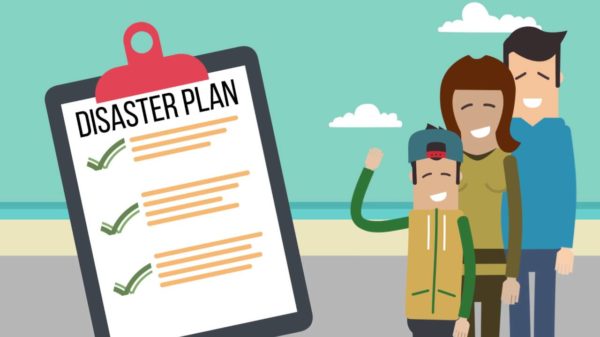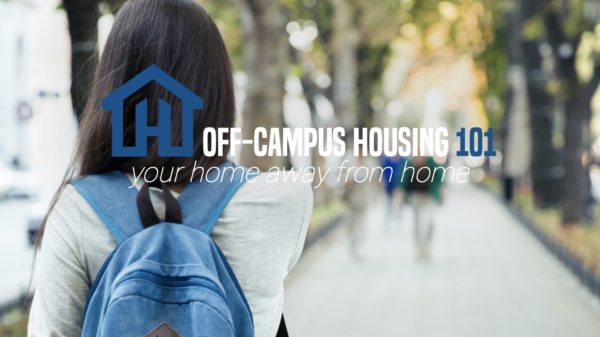There is no denying that technology has greatly changed our world and how we interact in our daily lives. Specially in the rental market where long gone are the days of posting rentals on bulletin boards or newspaper classifieds, as renters are becoming more technically suave and want to look for rental properties on-line from the comfort of their couches.
These changes are great, especially for the service we offer, but one must always be aware that there are scammers our there that use technology to their advantages and want to take advantage of uninformed tenants. Scammers don’t only pose as landlords, but some will pose as potential tenants. Meaning that landlord it is important to be aware, screen potential tenants and use your best judgment.
As a premium rental listing service, we do manually review listings and look for the common warning signs that a listing is fraudulent. However, occasionally a scam listing will get past us. In these cases, we always welcome any potential tenants to contact us if they have a suspicion that a listing isn’t legitimate and we will investigate the concerns. Normally, if it sounds too good to be true it’s probably not legitimate and the best defense to protect yourself from being a victim of a scam is knowledge. Trusting your gut never hurt either.
Outlined below are the most relevant scams seen when dealing with on-line rental properties.
Check Overpayment:
Fraudulent checks are used in a variety of scams such as advance fee letter fraud, overpayment and prize pitch to name a few.
Overpayment scams is a type of fraud where the person receiving the check is actually owed money for goods sold – or a security deposit payment. The seller (or Landlord) receives a counterfeit cashier’s check, personal check or corporate check from the “purchaser” or “potential tenant” in an amount in excess of the amount owed; is asked to deposit the check and wire the excess funds immediately back to the sender/potential tenant or the purchaser’s agent or shipper; and, the deposited check is subsequently returned as counterfeit and charged back to the seller’s (landlord’s) account.
Anyone selling goods, should be suspicious of any check, especially if it is for more then the agreed amount. Consider an alternative method of payment, such as escrow service or online payment service. Talk to your bank about the safest way to receive funds from overseas.
The Overseas Landlord:
These landlords want to only communicate via email (where the language, grammar and spelling are terrible). Usually the price on their listing is extremely low for the market – or sometimes free! The story they tell you, often starts with them being suddenly transferred out of country and they want someone to care for their home until their return.
The catch? The keys to the property are still in their possession (overseas) and there is no one locally who can show you the property in their absence.
They encourage you to drive by and if you are interested, they have you fill out a rental agreement via email, sending a deposit (express mail a money order, cashier’s check or wire transfer via Western Union or MoneyGram). Once the funds have been received, they will then send you the keys. Once that has been done, the Overseas landlord has your money – but the keys to the property never arrive.
If something doesn’t seem right during any interaction with a tenant or landlord, we are available to offer a second opinion and will investigate if the need be. Please note that we never advise sending funds without having viewed the property or completed a lease agreement.
For more information on Scams & Fraud click here (https://och101.com/scaminfo)







